Tranquil and secluded, Lemaire’s new Tokyo flagship exudes a sense of home
In Tokyo’s Ebisu neighbourhood, Lemaire’s tranquil new store sees the French brand take over a former 1960s home. Co-artistic directors Christophe Lemaire and Sarah-Linh Tran tell Wallpaper* more
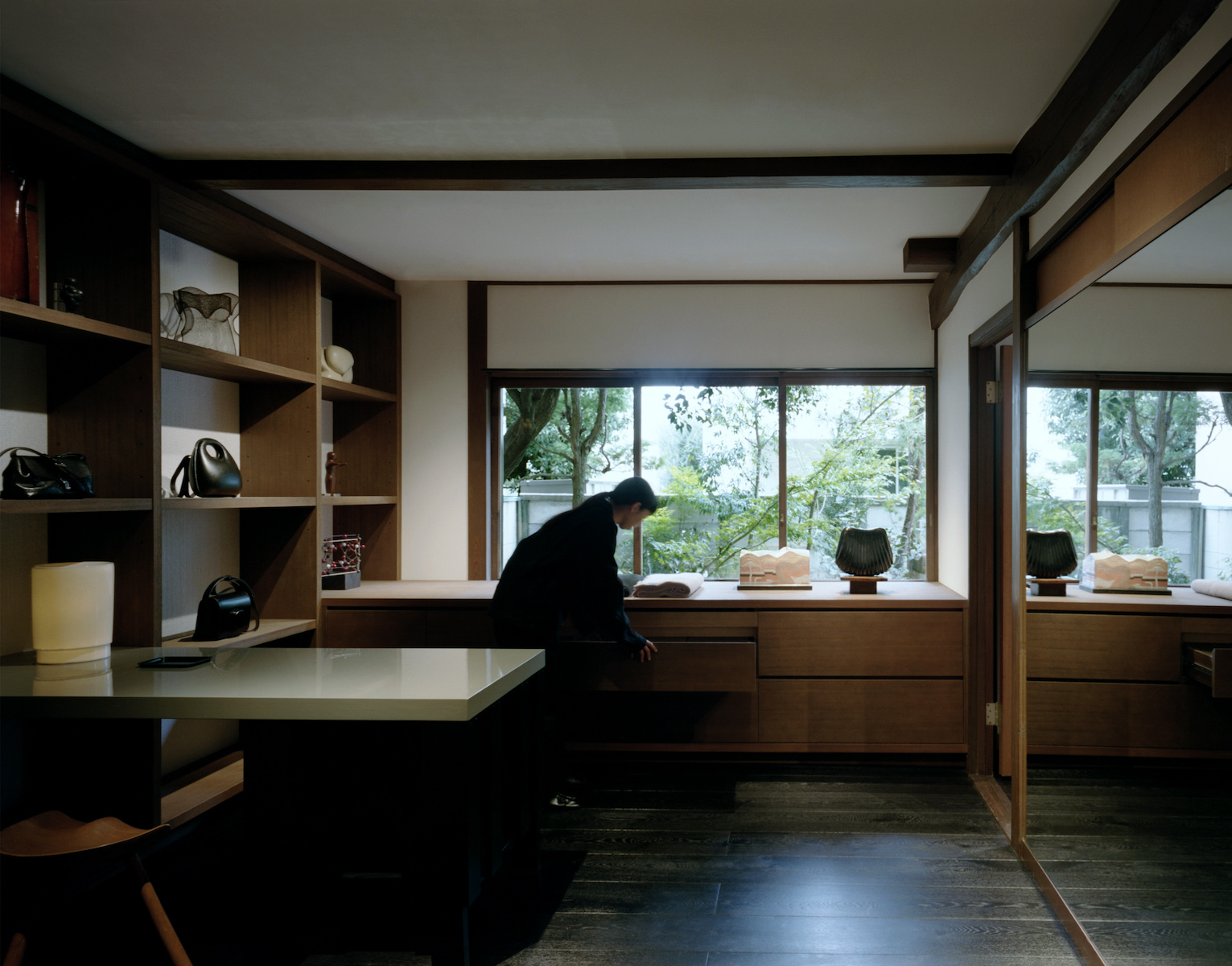
When the location for French fashion brand Lemaire’s first Tokyo flagship became available in the unassuming backstreets of Ebisu, neighbouring central Shibuya, it was an instant match. Tranquil and serene, the site boasted a modest and sophisticated atmosphere as a formerly lived-in 1960s Japanese house and garden. With just the right timing, the private residence had only recently become vacant.
Now as ‘Lemaire Tokyo’, the entire two-storey home has been transformed into a gently immersive retail experience filled with crafts, books and collectable art within segmented rooms dedicated to menswear, accessories and a carpeted tatami room for womenswear.
Step inside Lemaire’s serene new Tokyo flagship
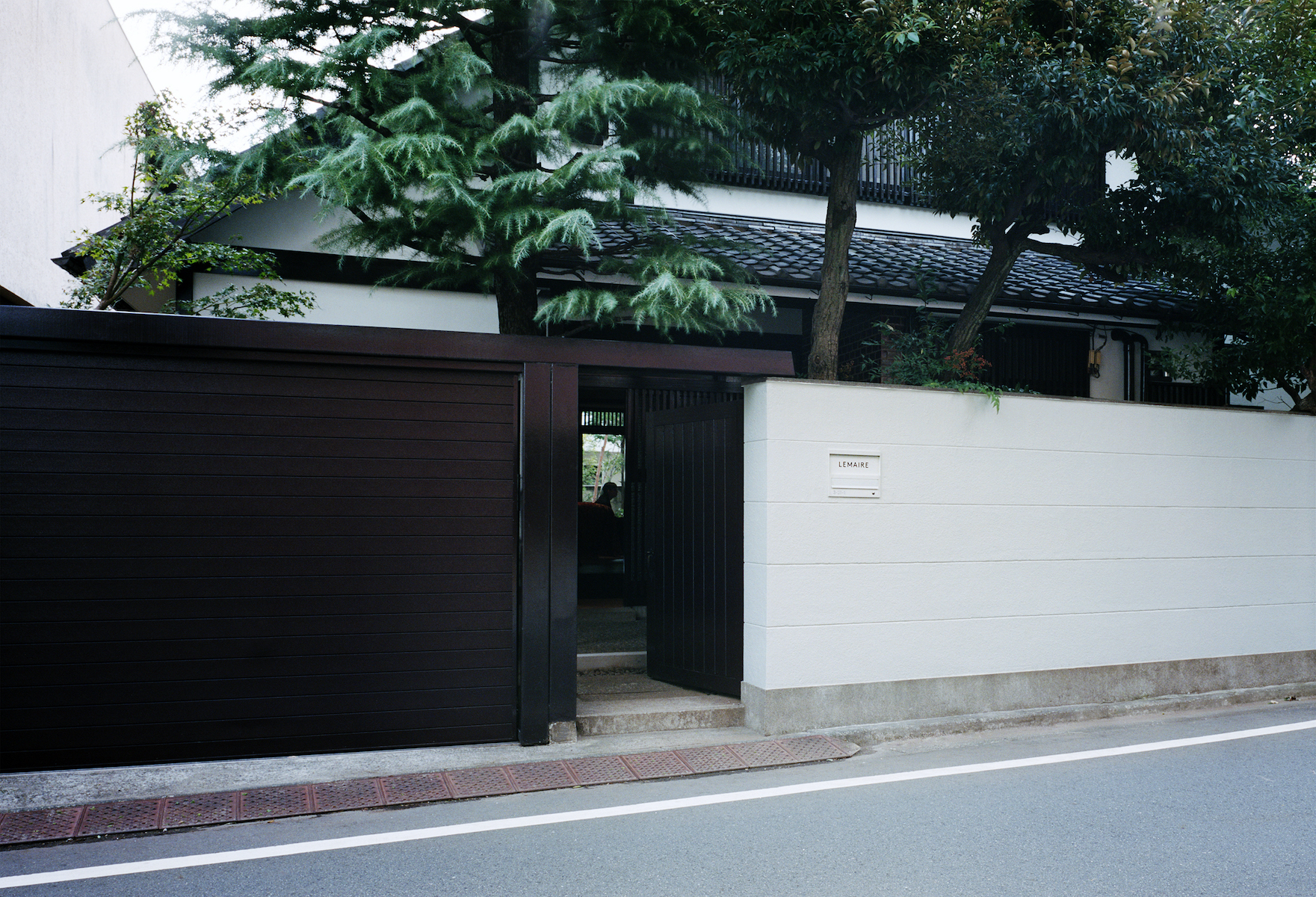
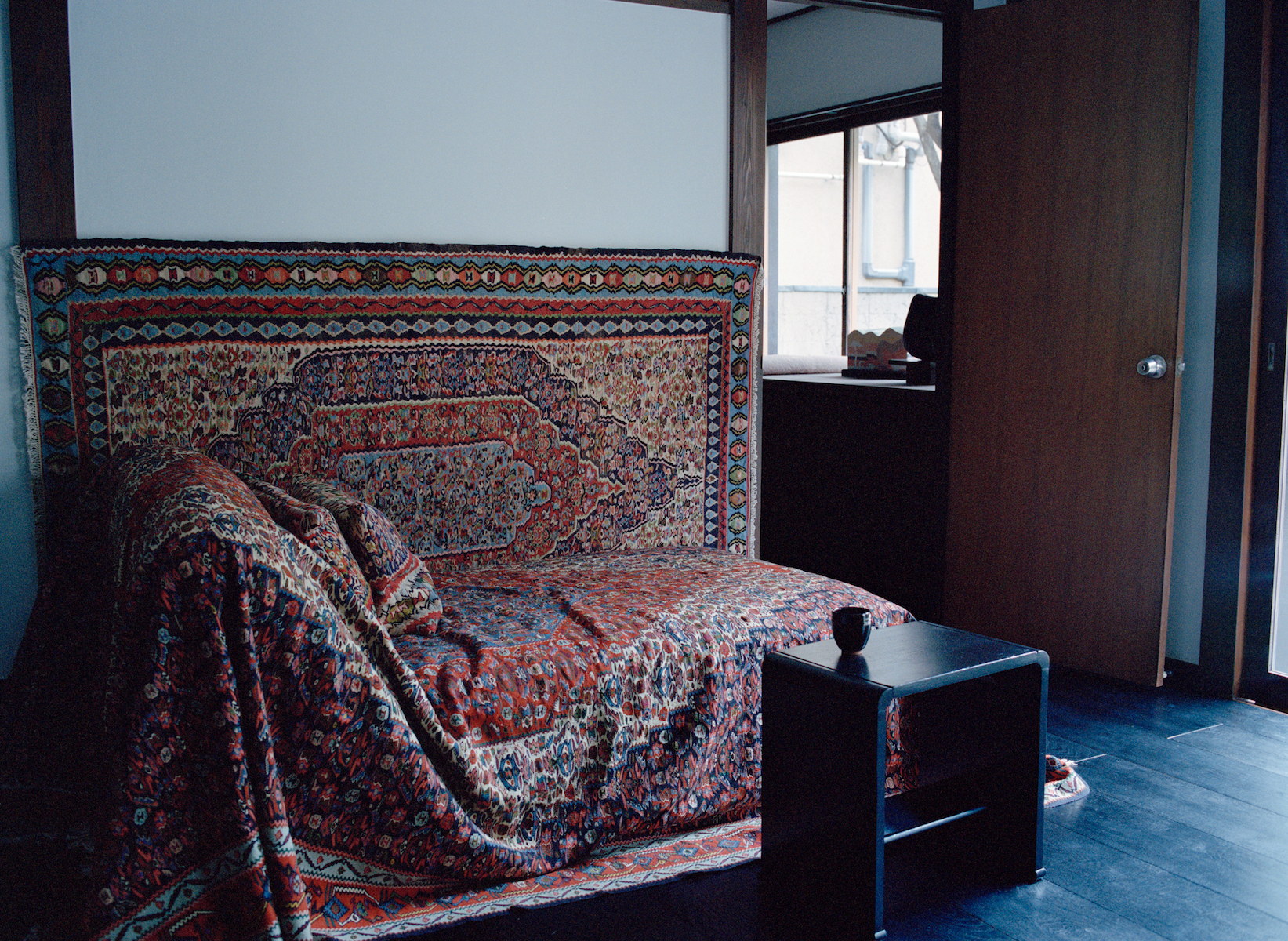
‘We devoted considerable time and care to finding just the right place in Tokyo,’ says Lemaire co-artistic director Sarah-Linh Tran. ‘We chose Ebisu, a quiet neighbourhood, to create a space that feels intimate and intentional, a step away from the rush of a bustling city. We were drawn to this former private residence for the way its domestic atmosphere highlights how our pieces naturally integrate into the genuine rhythms of daily life.’
The 170 sq m boutique is softly interwoven into the local fabric of the neighbourhood. The house’s key original features were retained, such as the entrance’s definitive brown glazed ceramic wall tiles and the rear private garden with traditional landscaping. Aged pine trees, stone lanterns and soft moss provide a welcome respite and scenic view.
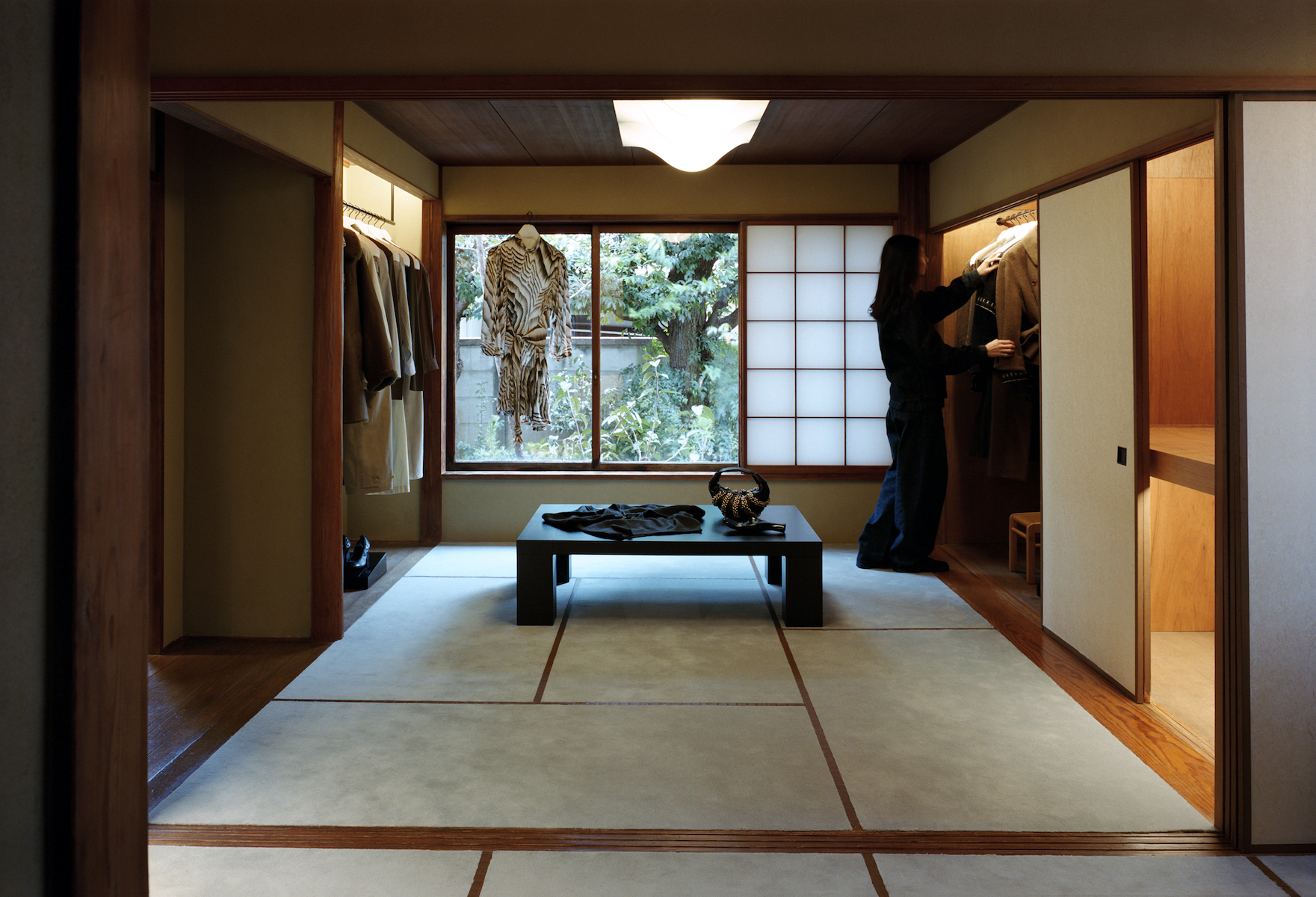
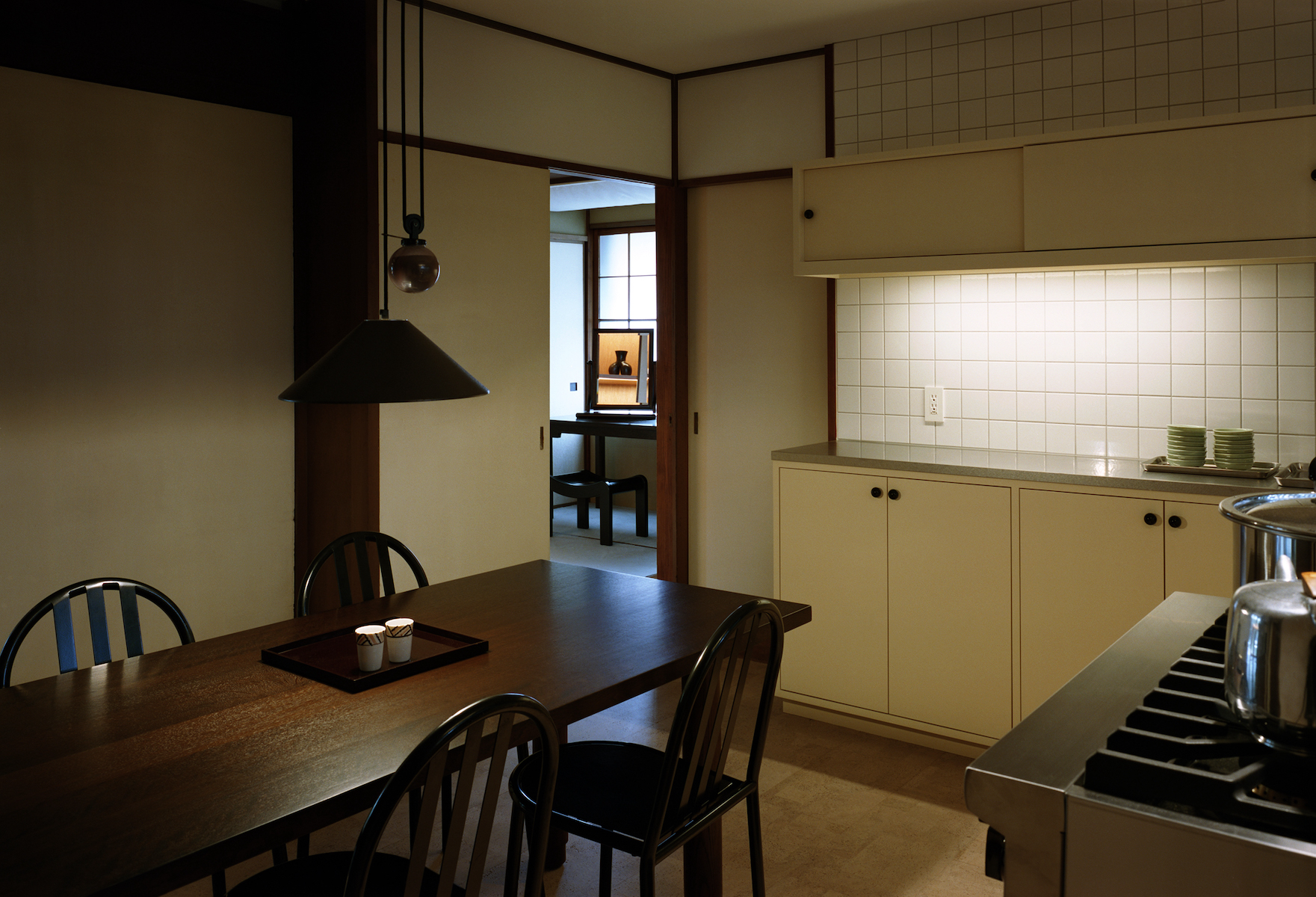
Inside, a warm and inviting atmosphere ensues. Akin to its vernacular – a private home – Lemaire appointed local architect Yuichi Hashimura to craft the sophisticated, modern interior, retaining key traditional Japanese design elements. Shikkui plaster walls, shoji sliding paper screen doors and sudare bamboo blinds marry Lemaire’s signature elements such as the iconic Freud’s couch reproduced with vintage kilim rugs alongside European design pieces.
The brand’s identifiable abaca rug carpeting – found also in its Paris and Seoul flagships – covers the entire upper-level flooring. Sculptural objects, books, and folk crafts are thoughtfully interspersed among garments, shoes, and accessories. Founder and co-artistic director Christophe Lemaire says he ‘envisions Ebisu as a place for conversation – a venue where art, design, and the collections converge. Our longstanding collaboration with Out of Museum goes on with an array of folk objects, hand-selected by its founder and our friend Makoto Kobayashi and not bound by existing trends. We welcome artists whose ideas and work we find passionate and appealing.’
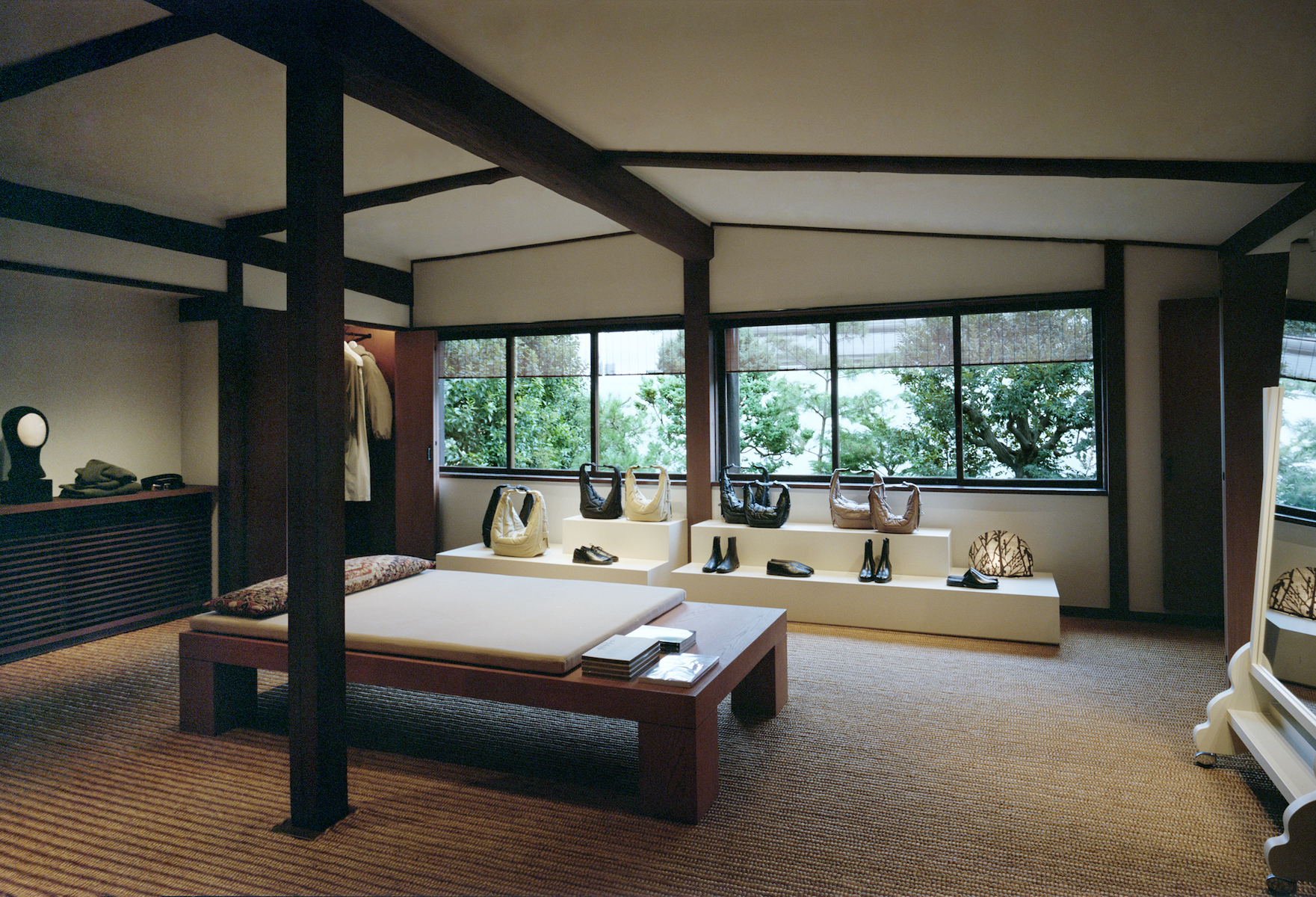
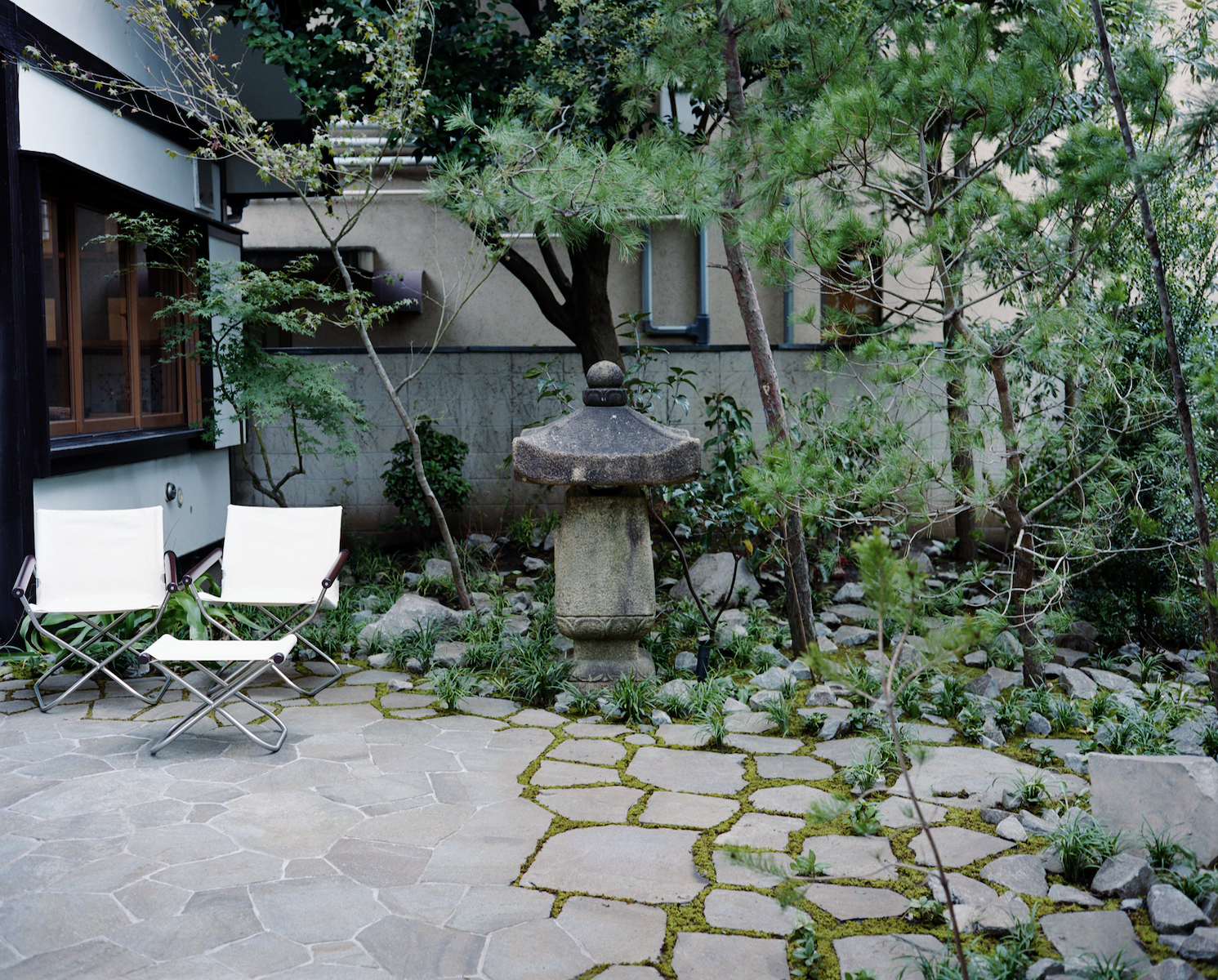
Japan has always been a key inspiration for the brand’s designers. ‘From its emphasis on natural materials to its deep respect for craftsmanship, Japan’s aesthetics continually permeate our daily lives, planting seeds in our minds and subtly weaving into our creative process, sometimes through serendipity,’ the pair add. ‘The qualities found in Japanese garments resonate strongly with our approach to clothing – understated yet deliberate, practical yet poetic.’
Wallpaper* Newsletter
Receive our daily digest of inspiration, escapism and design stories from around the world direct to your inbox.
Lemaire Tokyo, 3-21-1 Ebisu, Shibuya-Ku, Tokyo, Japan.
Joanna Kawecki is a Tokyo-based design journalist and consultant. Living in Japan since 2013, she writes extensively about architecture, design and travel, interviewing leading industry figures such as Kengo Kuma and Naoto Fukasawa. She is co-founder of Ala Champ Magazine and design brand IMI Japan, working with craftspersons across the country’s 47 prefectures exploring traditional artisans to innovation entrepreneurs.
-
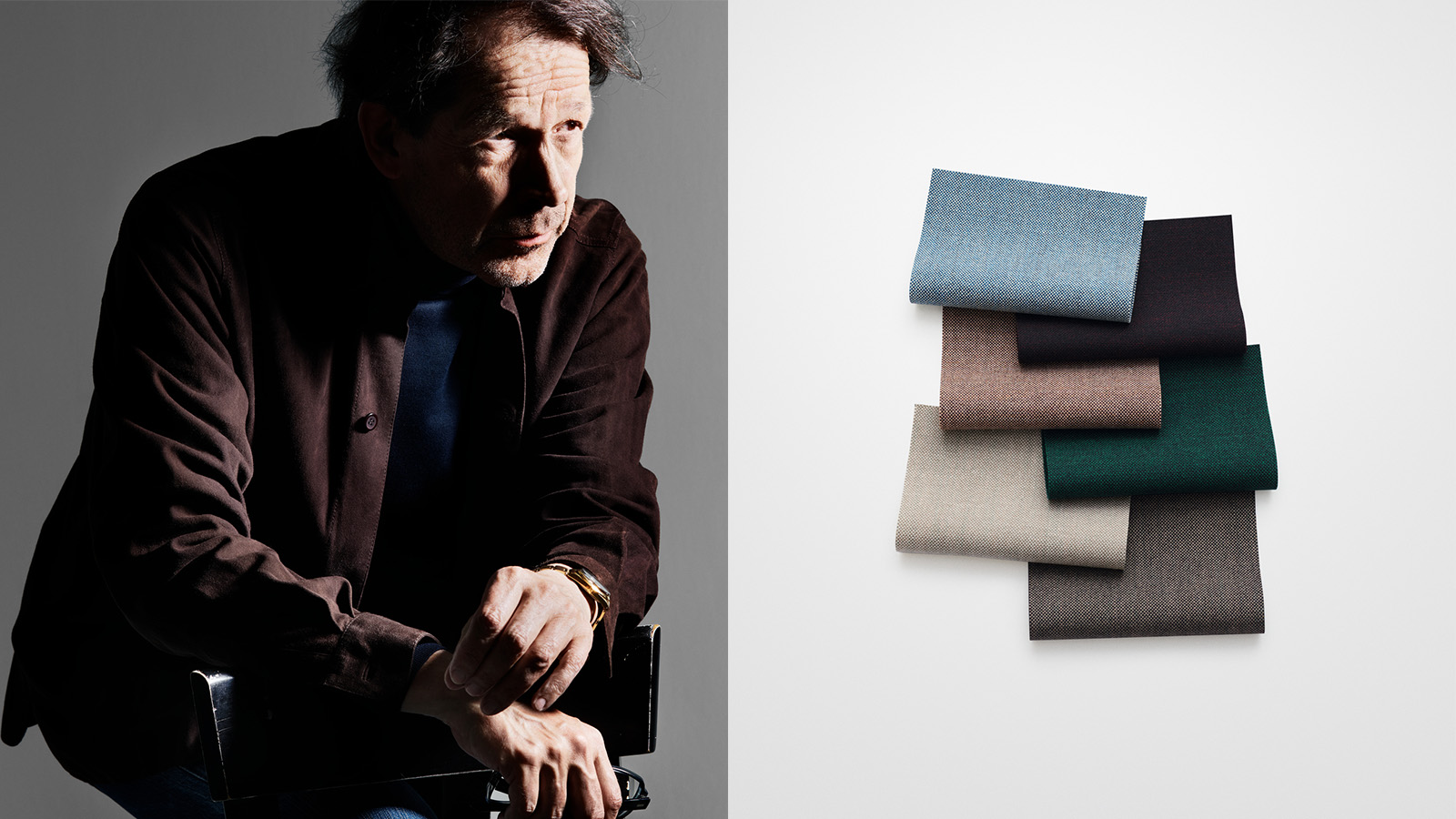 Kvadrat’s new ‘holy grail’ product by Peter Saville is inspired by spray-painted sheep
Kvadrat’s new ‘holy grail’ product by Peter Saville is inspired by spray-painted sheepThe new ‘Technicolour’ textile range celebrates Britain's craftsmanship, colourful sheep, and drizzly weather – and its designer would love it on a sofa
-
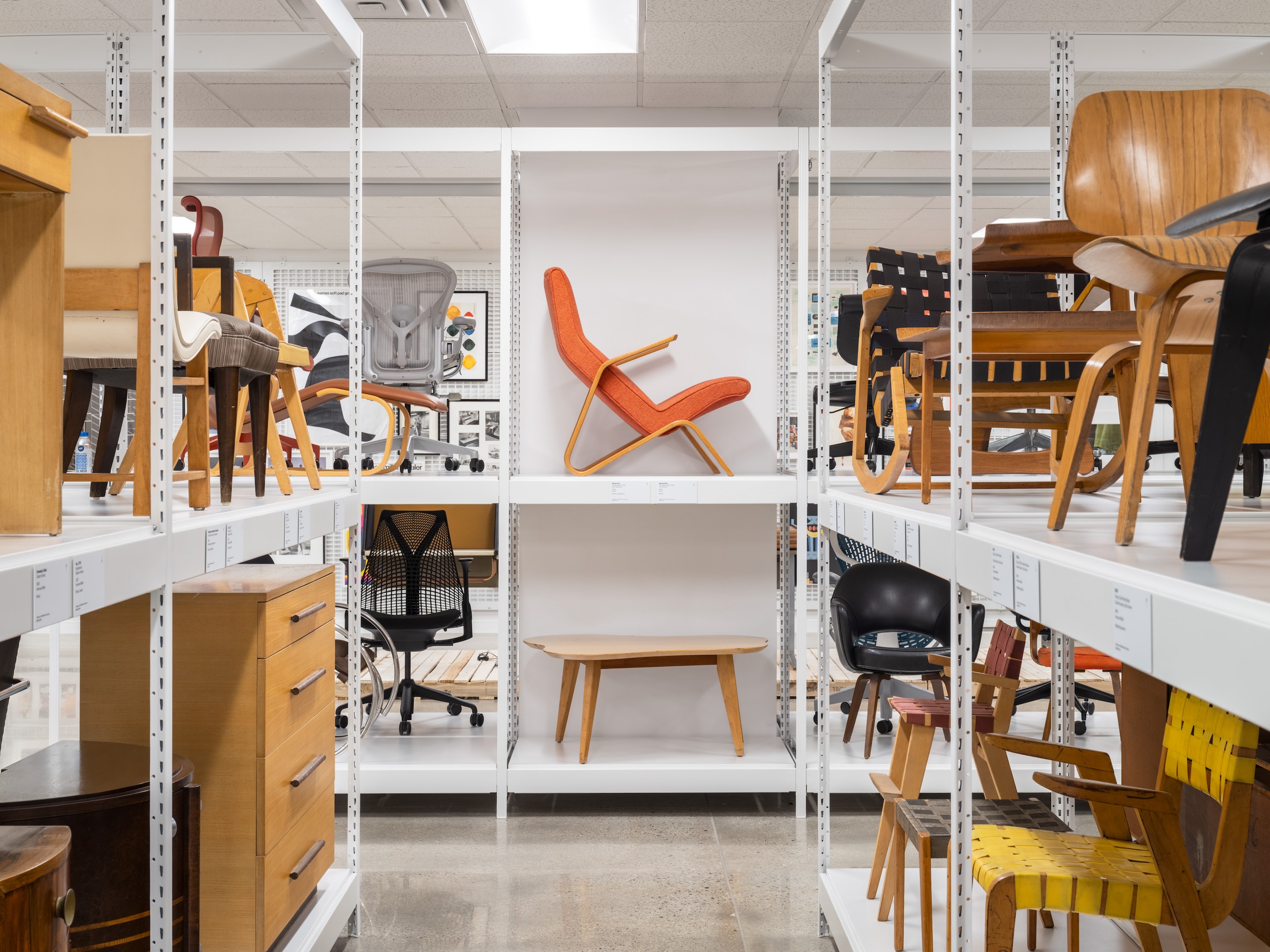 MillerKnoll's new archive is a design lover's paradise
MillerKnoll's new archive is a design lover's paradiseThe furniture design powerhouse is opening its vaults to scholars and enthusiasts like. Take a peek inside
-
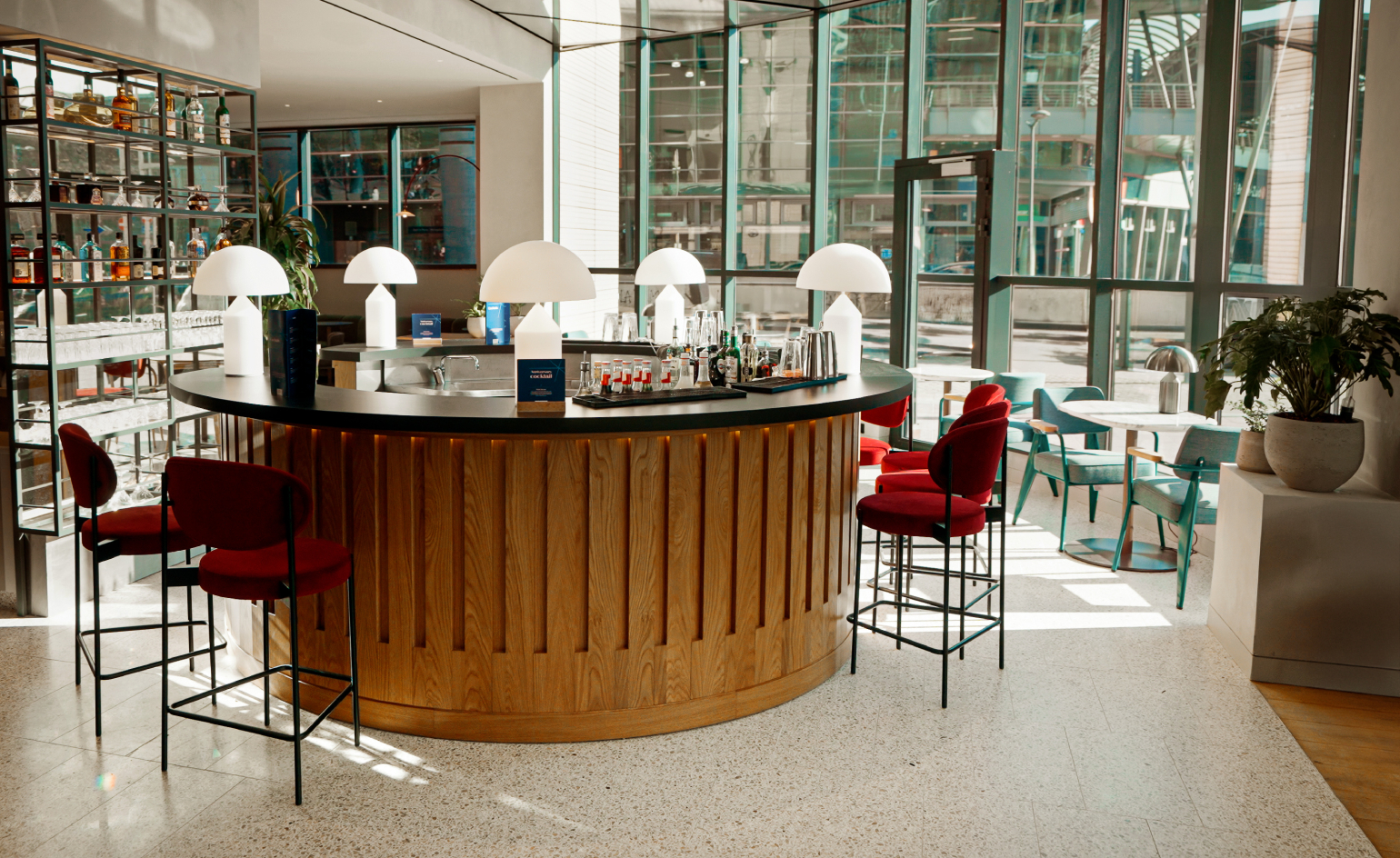 Tour Eurostar’s sleek new lounges in Paris and Brussels
Tour Eurostar’s sleek new lounges in Paris and BrusselsLondon-based Chris Bagot Architects has designed a stylish environment in which to work or unwind prior to high-speed rail travel
-
 ‘It feels like something out of a movie’: Studio I-IN designs the Tokyo office for Japanese haircare brand Kinujo
‘It feels like something out of a movie’: Studio I-IN designs the Tokyo office for Japanese haircare brand KinujoStudio I-IN’s design for the head office of Tokyo-based haircare brand Kinujo includes a striking hemispheric desk, a fluted marble wall and porous natural lighting
-
 Discothèque perfumes evoke the scent of Tokyo in the year 2000
Discothèque perfumes evoke the scent of Tokyo in the year 2000As Discothèque gets ready to launch its first perfume collection, Mary Cleary catches up with the brand’s founders
-
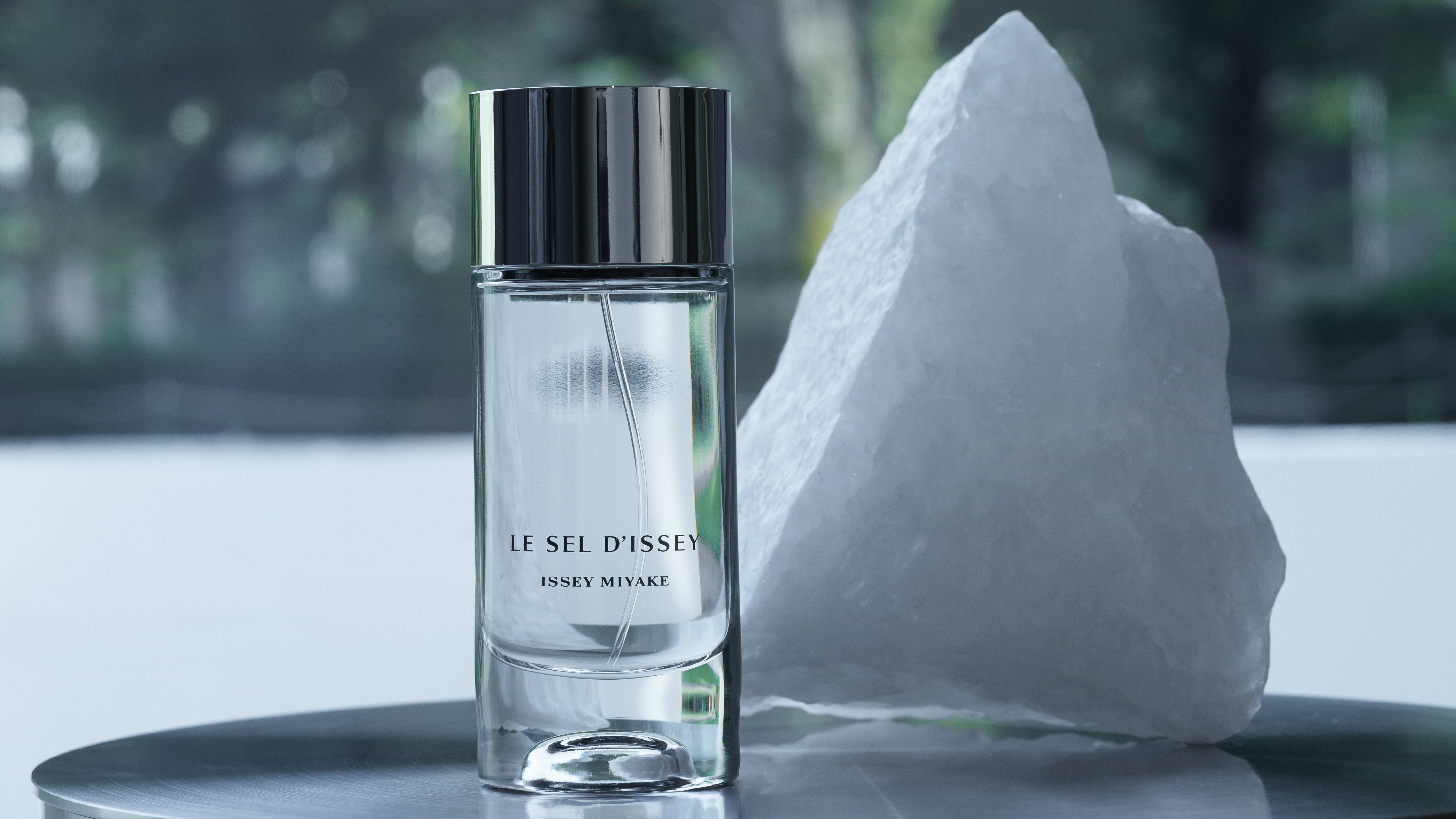 Le Sel d’Issey: the sacred ‘energy of salt’ inspires Issey Miyake’s new fragrance for men
Le Sel d’Issey: the sacred ‘energy of salt’ inspires Issey Miyake’s new fragrance for menAs Issey Miyake’s Le Sel d’Issey launched in Tokyo this week, we spoke with Tokujin Yoshioka about his ‘radiant’ bottle design and the scent's sacred and salty inspiration
-
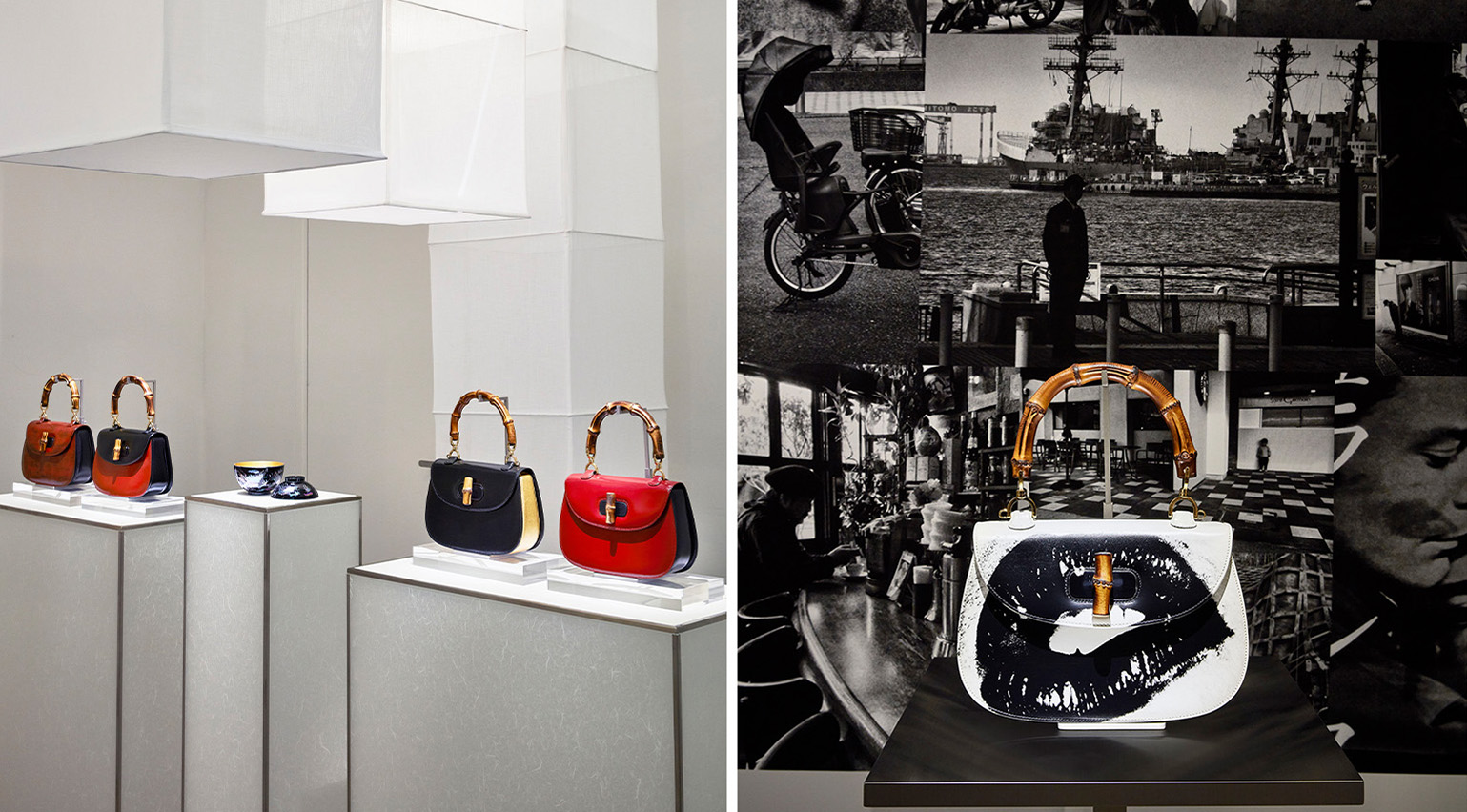 In Tokyo, Gucci drafts local artisans to reimagine the Bamboo 1947 bag
In Tokyo, Gucci drafts local artisans to reimagine the Bamboo 1947 bagGucci’s ‘Then and Now’ exhibition in Tokyo celebrates 60 years of the Italian house’s presence in Japan. Here, local artisans tell Wallpaper* the story behind their contribution
-
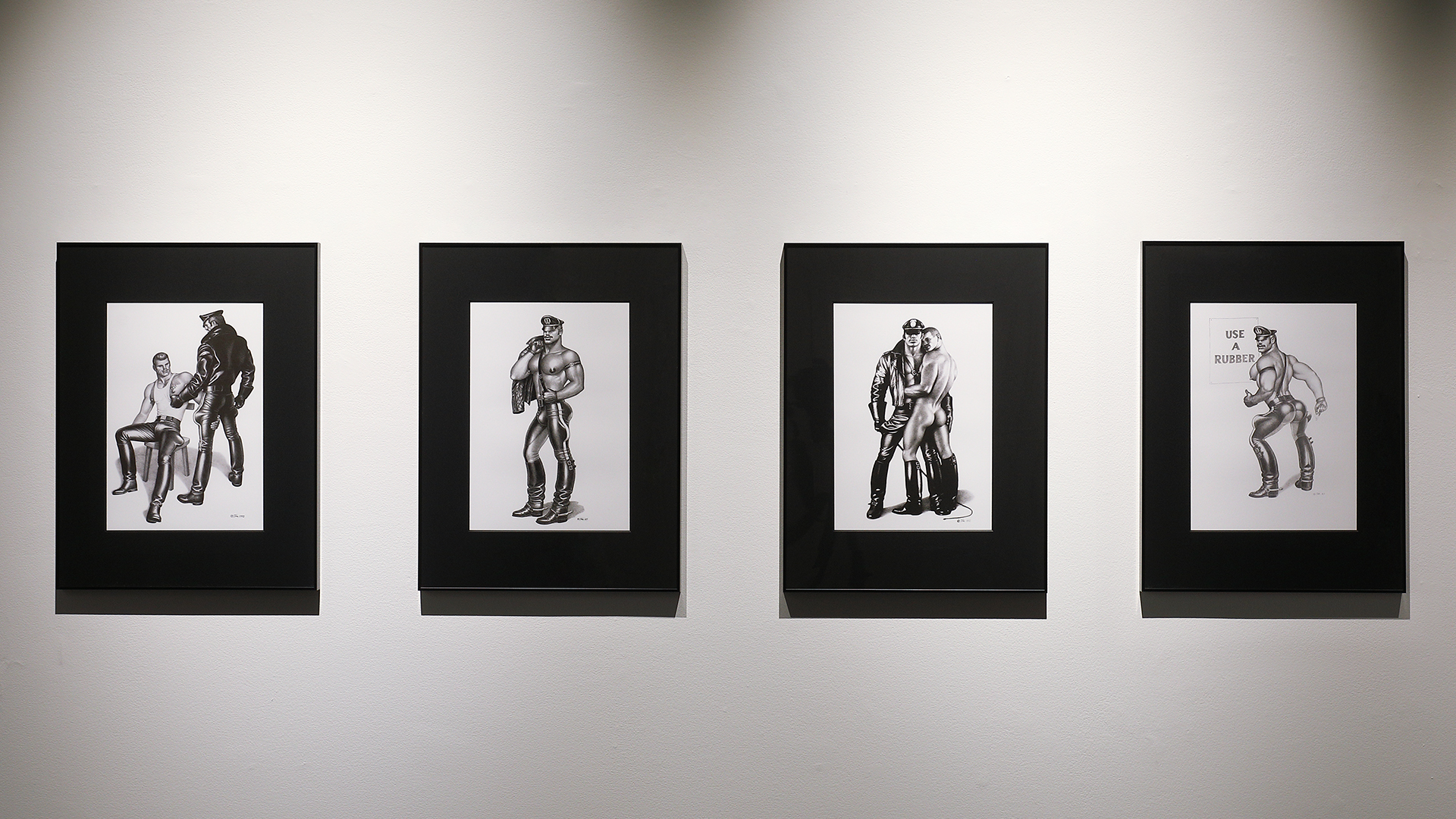 ‘Expression, sexuality and individualism’: Diesel exhibition is a trip into the homoerotic world of Tom of Finland
‘Expression, sexuality and individualism’: Diesel exhibition is a trip into the homoerotic world of Tom of FinlandIn Tokyo’s Shibuya district, fashion label Diesel hosts an exhibition celebrating queer artist Tom of Finland, including a VR trip to ‘Tom House’ in Los Angeles and a capsule collection adorned with erotic illustrations
-
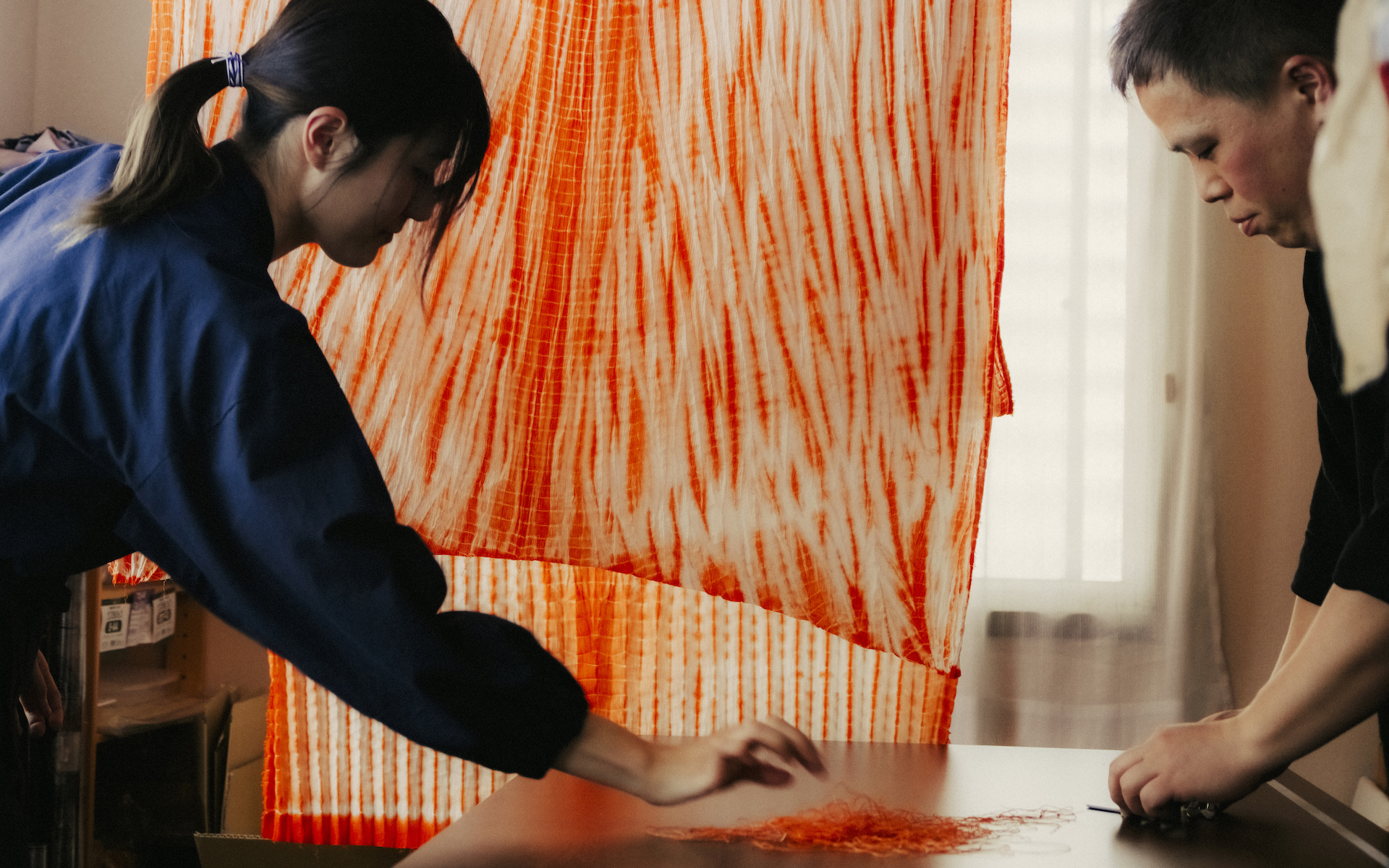 In Kyoto, COS celebrates the ancient art of shibori dyeing with a colour-soaked collection
In Kyoto, COS celebrates the ancient art of shibori dyeing with a colour-soaked collection‘We can’t take this type of craft for granted anymore,’ says COS design director Karin Gustafsson, who worked with Kyoto shibori artisan Kazuki Tabata on the airy summer collection. Wallpaper* heads to Japan’s former capital to find out more
-
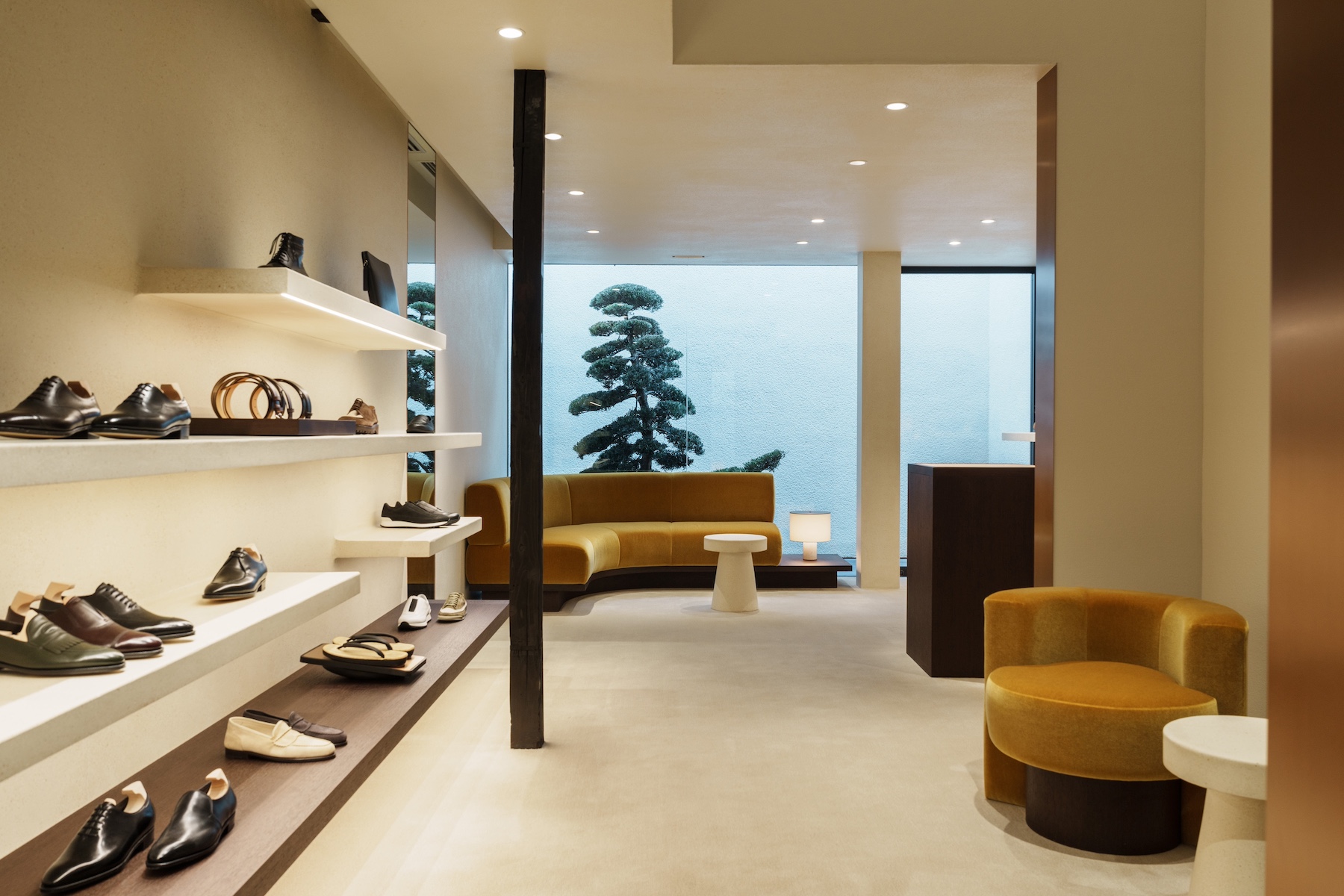 Inside John Lobb’s sumptuous new Kyoto store, housed in a traditional wooden ‘machiya’
Inside John Lobb’s sumptuous new Kyoto store, housed in a traditional wooden ‘machiya’John Lobb’s inviting new Teruhiro Yanagihara-designed Kyoto store is introduced with a series of images starring lauded Japanese director Hirokazu Kore-eda
-
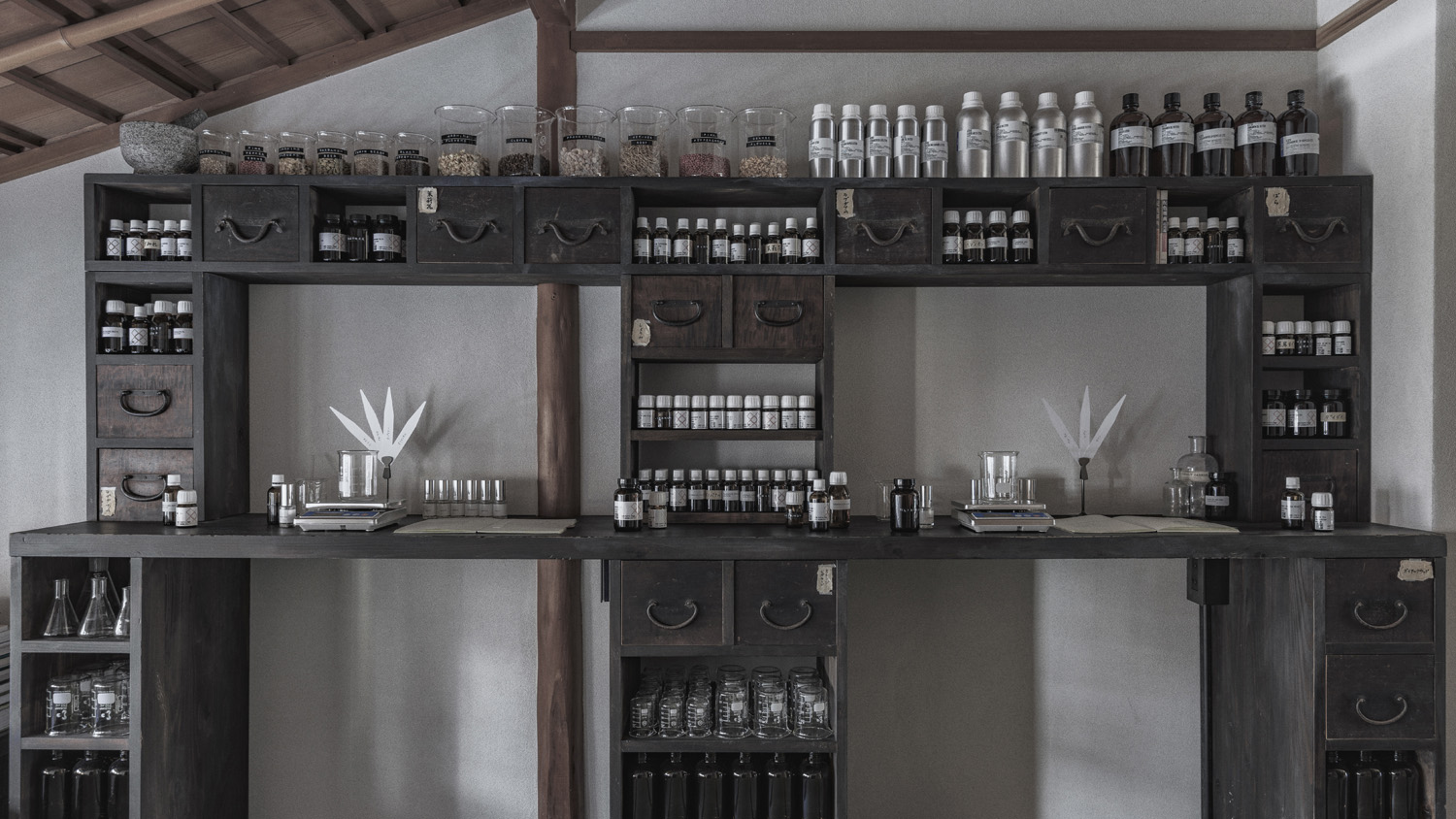 Le Labo’s Kyoto flagship blends wabi-sabi with the art of slow perfumery
Le Labo’s Kyoto flagship blends wabi-sabi with the art of slow perfumeryLe Labo has a new flagship in Kyoto’s Shimokorikicho, Nakagyo-ku neighbourhood, a celebration of Japanese heritage and craftsmanship